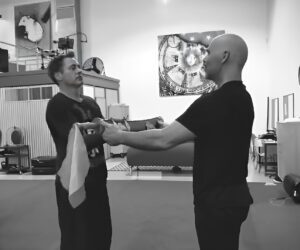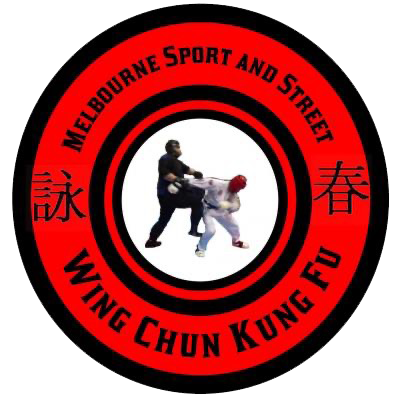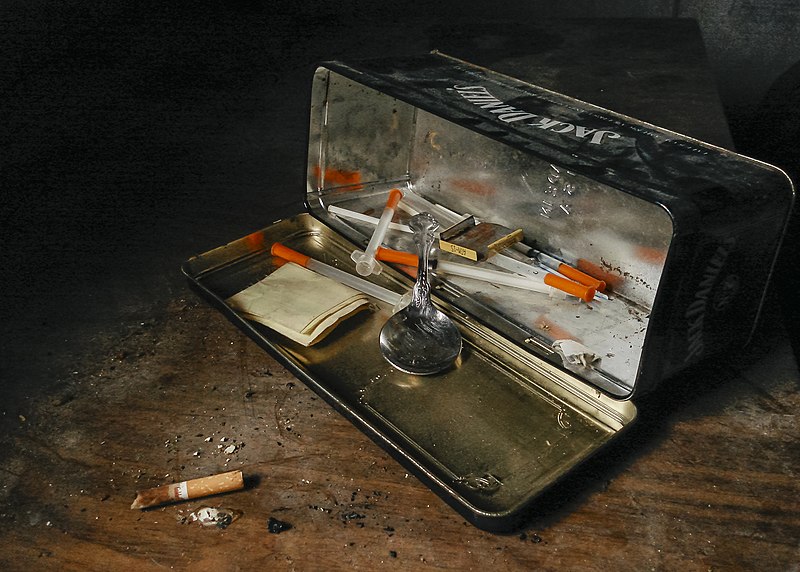Martial Arts and Rehabilitation for Substance Abuse
By Maurice Novoa a master under the Yuen Kay Shan, Ip Man and Pan Nam lineages.
Introduction:
Hello, dear readers! As an experienced instructor, I’m here to explore a remarkable and often underestimated aspect of martial arts – its role in rehabilitation for substance abuse. Addiction is a formidable adversary, and in this article, we will delve into how training can play a crucial part in the path to recovery. We’ll also touch on the inspiring journey of Robert Downey Jr., who found a lifeline in Wing Chun under the guidance of Sifu Eric Oram during his battle with addiction.
Substance Abuse: The Ongoing Battle
The Addiction Epidemic
Substance abuse remains a significant societal issue, affecting individuals and their loved ones. The road to recovery is challenging, but it is one that martial arts can illuminate.
The Multifaceted Recovery Journey
Recovery isn’t just about quitting substances; it’s about rebuilding one’s life. It requires physical, mental, and emotional healing. Martial arts have the potential to address all of these aspects.
The Martial Arts Approach to Rehabilitation
1. Physical Transformation
One of the most apparent benefits of martial arts in rehabilitation is the physical transformation it brings. Regular training improves fitness, strength, and overall health, which is crucial in recovery.
2. Mental Resilience
Addiction often leaves individuals mentally vulnerable. Martial arts training fosters mental resilience, teaching students to stay focused, disciplined, and determined.
3. Emotional Healing
Emotional healing is a critical component of recovery. Martial arts provide a positive outlet for releasing emotional stress and turmoil.
4. Rebuilding Self-Esteem
Addiction can shatter self-esteem. Martial arts offer an environment where individuals can regain their self-confidence through accomplishment and recognition of their progress.
Wing Chun: A Unique Tool for Recovery
Wing Chun, a graceful and highly practical martial art, is uniquely suited to aid in the recovery from substance abuse. The story of Robert Downey Jr.’s battle with addiction, and how the art played a pivotal role, is a testament to its power.
Robert Downey Jr.’s Journey
Robert Downey Jr. faced a harrowing battle with addiction. His introduction to Kung Fu under the guidance of Sifu Eric Oram marked a turning point. The discipline, focus, and structure of Wing Chun provided him with a lifeline to recovery.
Wing Chun’s Practicality
The style’s practical self-defense techniques and focus on the moment make it an ideal martial art for individuals in recovery. It offers immediate, real-world benefits and helps build self-confidence.
Mental Strength and Stability
Wing Chun hones mental clarity and emotional stability. These attributes are vital in the fight against addiction and the quest for lasting recovery.
Successful Martial Arts Rehabilitation Programs
Successful martial arts rehabilitation programs are founded on a few key principles:
Expert Guidance
Instructors with expertise in martial arts for rehabilitation are crucial. Their guidance helps individuals harness the full benefits of training.
Supportive Community
The martial arts community is often a welcoming and supportive space. In recovery, having a positive and encouraging network can make all the difference.
Personalized Training Plans
Individualized training plans cater to each person’s specific needs and progress, ensuring a holistic approach to recovery.
The Lifelong Impact
The impact of martial arts in rehabilitation is often profound and long-lasting:
A Lasting Recovery Path
Martial arts offer a recovery path that extends far beyond the initial stages of rehabilitation, providing a lifelong commitment to health and well-being.
Improved Mental Health
Martial arts contribute to improved mental health, offering tools to combat depression, anxiety, and stress that often accompany addiction recovery.
A Sense of Purpose

Many individuals in recovery find that martial arts provide a sense of purpose and structure that helps them stay on the path of sobriety.
Conclusion: The Martial Arts Road to Recovery
This training, has the potential to be a beacon of hope on the path to recovery from substance abuse. The physical, mental, and emotional benefits are profound, offering individuals the tools they need to rebuild their lives.
The story of Robert Downey Jr.’s transformation through Wing Chun Kung Fu is a testament to the power of martial arts in the face of addiction. His journey demonstrates that recovery is possible, and Wing Chun can be a transformative force in the lives of those seeking a new beginning.
So, whether it’s through the discipline of Kung Fu or the diverse world of fighting styles, there’s a path to recovery, healing, and a brighter future for all who seek it.
Join us on this journey, and together, let’s discover the strength, resilience, and renewal that the training can bring to those on the road to recovery.

